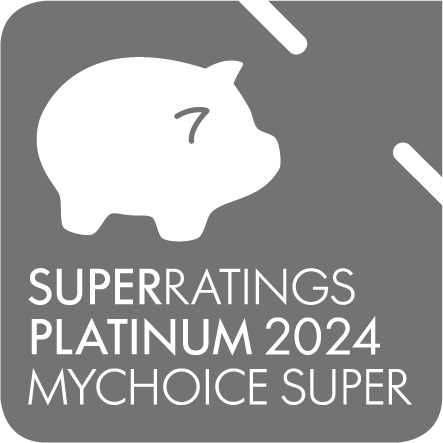Australian Retirement Trust - logo






Log in
- Member log in
- Employer log in
- Adviser log in
- Trustee log in
-
Setup online access
If you have an account with us but don't have online access, it only takes a few minutes to set it up:
 Why choose ART?
Why choose ART? Our performance
Our performance Find your lost super
Find your lost super








